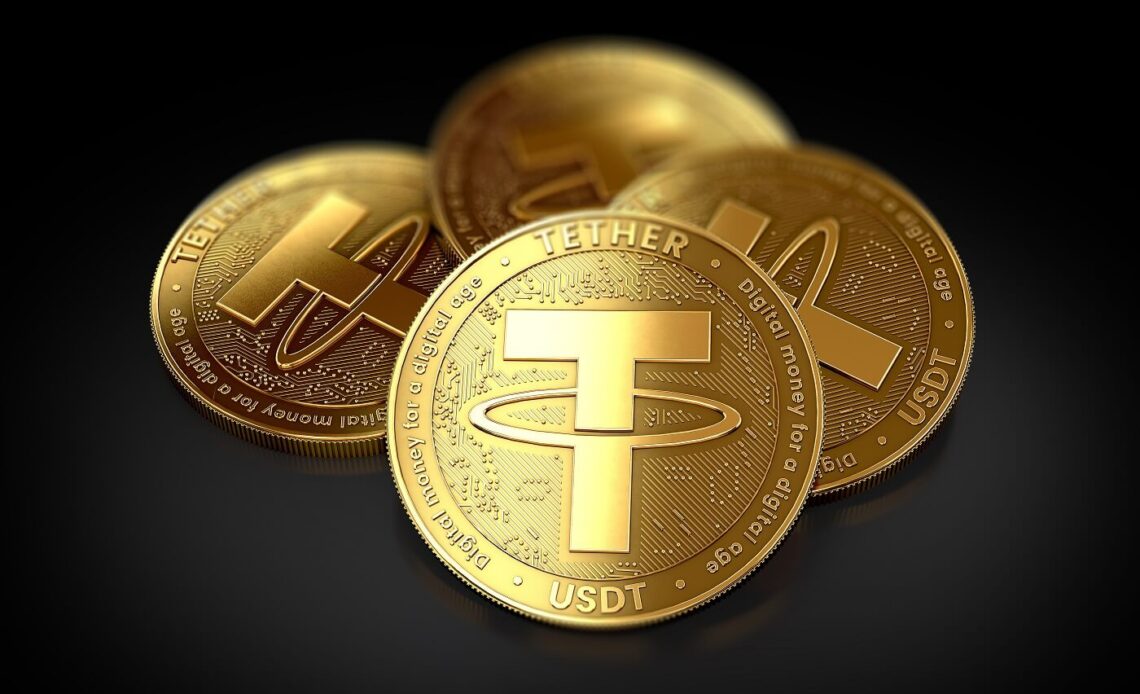- Q1 2025 audit shows excess reserves down to $5.6 billion from $7 billion.
- Tether’s reserves are managed by Cantor Fitzgerald, raising scrutiny over potential conflicts.
- Competitor World Liberty Financial, backed by the Trump family, also plans to launch a stablecoin.
Tether, the world’s largest stablecoin issuer by market capitalisation, is preparing to launch a US-based stablecoin by the end of 2025 or early 2026.
The move marks a shift in the company’s strategy as it aims to align itself more closely with American regulatory frameworks.
While its international USDT token is already dominant in global crypto trading, the proposed dollar-pegged stablecoin will be designed to comply with domestic regulations in the United States.
Tether CEO Paolo Ardoino revealed the development during an interview at the Token2049 conference in Dubai.
He confirmed the company was awaiting the outcome of pending US legislation before finalising a launch timeline.
The push coincides with Tether’s broader attempt to reposition itself in the US as a compliant and cooperative player, following past controversies over its reserve disclosures and regulatory fines.
Lobbying efforts intensify in Washington
Tether’s domestic pivot comes as Ardoino increases his presence in Washington, DC.
His recent efforts include private meetings with lawmakers and a Capitol Hill lunch with Republican Senator Bill Hagerty, according to reports.
The company is now actively lobbying in support of proposed legislation like the GOP-backed GENIUS Act, which includes provisions that could benefit foreign issuers such as Tether if they agree to cooperate with US law enforcement.
Ardoino has also underscored Tether’s relationship with US agencies, stating that no other financial entity, traditional or crypto, matches its collaboration level with law enforcement.
While the company was once criticised for allegedly enabling criminal transactions, its new strategy focuses on transparency and legal compliance as a means of gaining regulatory approval.
Tether’s headquarters remain in El Salvador, but the company’s efforts to develop a domestically compliant stablecoin reflect its evolving approach to regulatory alignment.
It is positioning the new token as separate from its global USDT product,…
